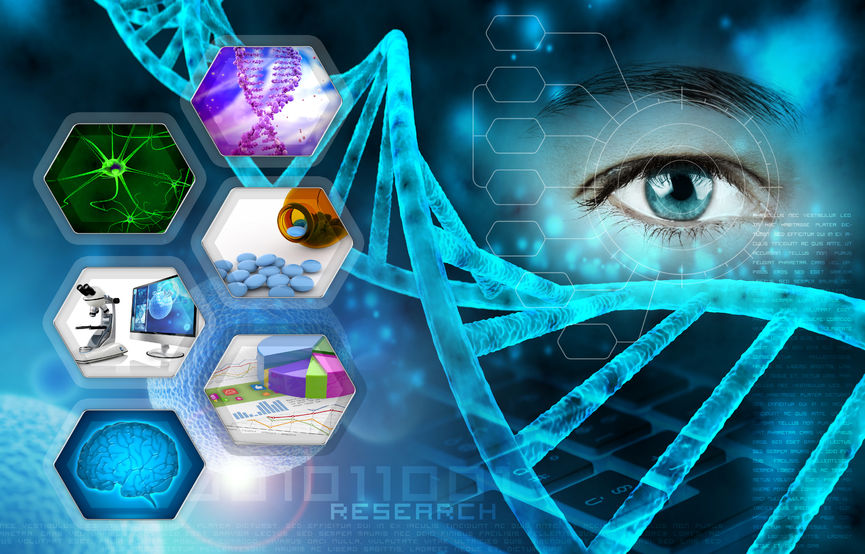Cheap Genetic Answers About Your Health Risks
As a science nerd, I have been thinking for some time about taking one of the genetic tests that is available online, like 23andMe, or ancestry.com. These tests are painless, cost around $100, and give you an idea of your genetic background.
Many folks engage in this kind of testing to learn more about where they came from. You may have seen the guy on TV dancing around in German lederhosen until he learns he’s mostly Scottish, at which point he appears in a kilt. Lola the dog had a test done recently after her bout with thrombocytopenia; it showed she was ¼ pit bull, 1/8 in several breeds and about ¼ unspecified.
I have little to learn in terms of where my ancestors came from; all four grandparents came over from Ireland within a few years of 1920. There was an unconfirmed family rumor that my grandmother was to come over on the Titanic but missed the boat. That may explain where I get my tendency to run late, but any genetic testing is unlikely to confirm this trait.
My interest in the genetic test was to learn about my drug metabolizing enzymes. There are key enzymes, called CYPs (pronounced “sips”) that vary among different ethnic groups. For example, CYP 2D6 metabolizes a number of drugs, including some opioid pain relievers (eg hydrocodone); in patients lacking this metabolic enzyme (about 7% of the US population) the opioids are ineffective, while patients with very active 2D6can be at risk for adverse effects.

Genetic History
The tests can also give you an idea of your genetic background for certain inherited diseases.
So, I was talking with my mom the other day and she was telling the story about how she was treated rudely by an ophthalmologist back in the 1950s. She had gone to Dr. Witek, our family doc, with a complaint of vision problems and was referred to a local ophthalmologist. She remembered that despite being young and attractive, she was treated as though she was some sort of defective person, perhaps what we would call a “deplorable” in this election year.
Only years later – when she worked for an ophthalmologist and told him the story – did she learn that her symptoms corresponded to thiamine deficiency. Vision changes due to thiamine deficiency can include double vision and difficulty with eye control. Thiamine deficiency can identify alcoholics, and apparently the ophthalmologist thought my mom might not be behaving responsibly. That was not the case.
I’ve always known my mom to take B complex vitamins, but assumed that was just a superstition, and a healthy one at that. But, the unique biochemistry of the parents is likely to be the unique biochemistry of the children. If a parent has a certain health issue, it should be a special concern for you. Now that I know the background, I feel that I need to be even more observant to remember to take my own daily multivitamin.
I often close by encouraging you to talk with your community pharmacist. But this week, how about talking with your mom or dad or your kids, if appropriate. Learn or share your family health history to give you an idea of what diseases or drugs might become a concern for you. You just might discover an additional reason to take a vitamin, watch your diet, exercise more, get a checkup or just keep healthy.
Resources:
NIH Thiamin Fact Sheet for Consumers
https://ods.od.nih.gov/factsheets/Thiamin-Consumer/#h6
Genetic Testing: How it is used for healthcare











